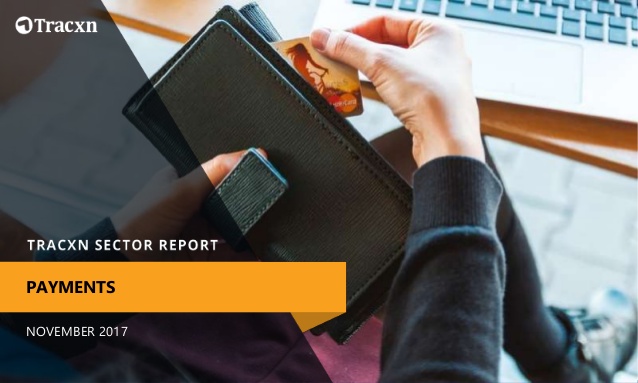The study titled, “Cashless Cities: Realizing the Benefits of Digital Payments” in research encompassing ‘payment patterns of 100 cities from 80 countries’ divulged that by 2032, cashless payments could increase Karachi’s employment by 4.7 percent and accentuate GDP growth rate with 14.3 basis points.
During a press briefing held here on Monday, Majeed Hujair, Senior Director, School of Public Policy for Central and Eastern Europe, Middle East and Africa (CEMEA) – Visa said that around 10pc of Karachi’s total population has adapted digital payment systems whereas the rest of 90pc population is still using traditional modes.
Describing the benefits of digital payments, said he, businesses and governments have to pay the cost of cash management. The various benefits of going digital could save up to $12 trillion for a clutch of 100 cities – if they decide to go cashless.
Out of the total achievable benefit of $1.5bn from Karachi by going digital, $0.1bn would be beneficial for consumers, $1.1bn for businesses and $0.3bn for the government.
“No city in the world is currently 100pc cashless but Stockholm is well on its way to becoming the first city in the world to go cashless within a few years”, said he.
The results are also significant at a time when Pakistan has launched its first major digital policy aimed towards creating more job opportunities and accelerate economic growth, he added.
“Visa’s Cashless Cities study encapsulates unique findings that will be of great interest to our industry experts, thought leaders, and decision-makers in the country,” said Muffasar Atta Malik, the KCCI (Karachi Chamber of Commerce and Industry) president.
The use of cash is time-consuming and relatively risky and this study goes on to highlight the tangible benefits of digital payments to people, businesses, as well as the government of Karachi, said he.
“With the government of Pakistan pushing forward with the ‘Digital Pakistan’ policy-led initiative, digital payments offer an immense, untapped opportunity to boost the country’s economic growth. The rising trend of smartphone penetration in Pakistan and e-commerce forecasts to be worth $1bn by 2020, the use of digital payment methods is expected to increase significantly, paving the way for the transition to a cashless economy,” said Kamal Khan, the country manager for Visa in Pakistan.




